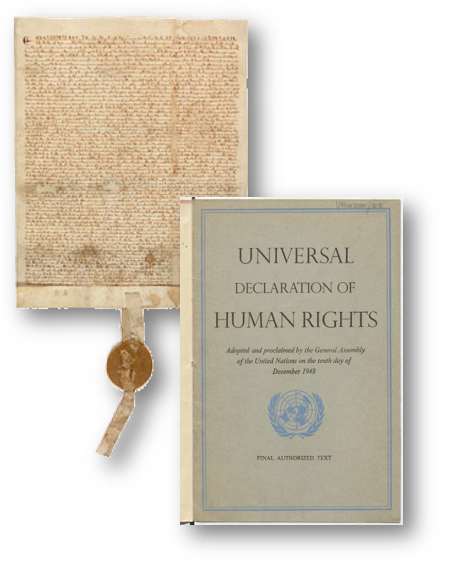Judge Roy Bean is best remembered for his peculiar rulings that really did seem, in retrospect, to smack of common sense. In one case, two men came to the court with their wives and expressed a desire to be divorced, adding that they wished to marry the other man’s wife. The judge granted the requested divorces and then proceeded to marry each man to the other’s wife. (See The Sunday Gazetteer 9/14/1902). In one of his most noted cases, Judge Bean held an inquest over the remains of a man found under the bridge that crossed the Pecos River. In the man’s pockets, the judge found a revolver and $50. The judge then fined the corpse $50 for carrying a concealed weapon. This ruling may still be the only one on record where a dead man was fined for carrying a concealed weapon. (See The Southern Mercury 6/30/1904). The judge was also known for handing out punishments whereby the offender was required to pay his fine by purchasing beer, typically two dozen bottles, at The Jersey Lilly and treating the crowd. (See Orange Daily Tribune 5/29/1903). Perhaps, not the most ethical of punishments, but it is certainly one of the most memorable and popular with the townsfolk.
The exploits and rulings of Judge Roy Bean have been documented in newspapers throughout the State of Texas. If you are interested in learning more about the judge and reading some articles about him, visit The Portal to Texas History, a wonderful website maintained by the University of North Texas Libraries that features some rare and historical primary source materials. Also visit the site of the Texas State Historical Association and The Handbook of Texas, a digital gateway to all things Texas.
If pop culture is more to your liking, sit down and watch The Life and Times of Judge Roy Bean, a 1972 film starring Paul Newman as the judge and Ava Gardner as Lilly Langtry, the object of his affection. There was also a short-lived television series, Judge Roy Bean, that ran for one season from 1956-57, and a French film, entitled Le Juge, which was released in 1971.
For good or for bad, Judge Roy Bean has certainly carved himself a place in Texas history. As for the question of whether he is a leading figure in American jurisprudence, you be the judge.




